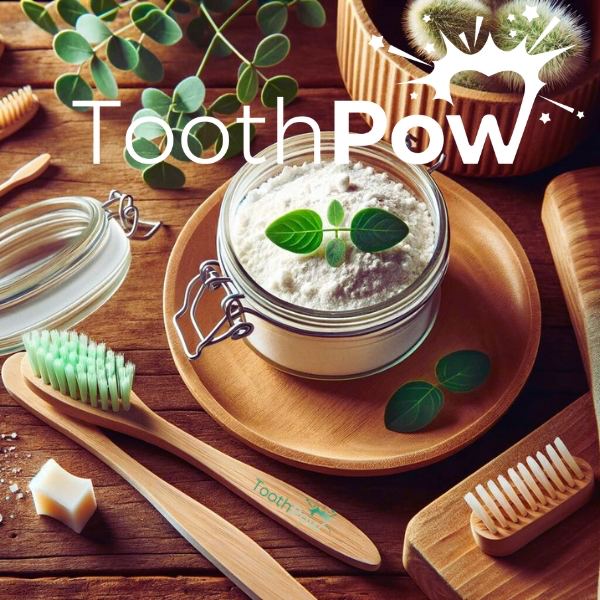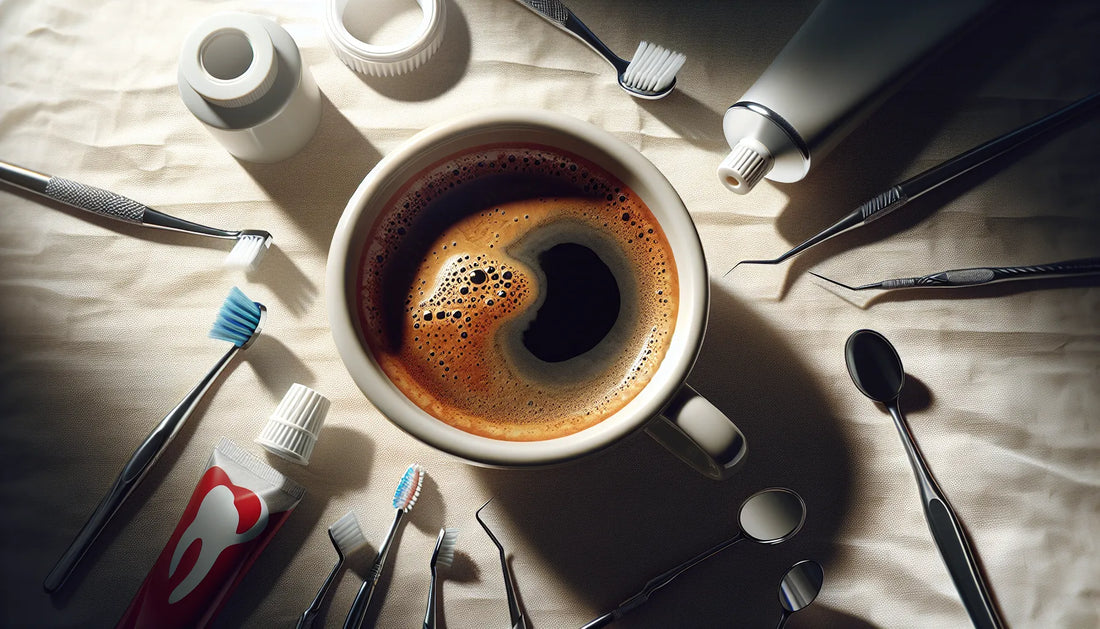Introduction: Unveiling the Impact of Coffee on Your Smile
Coffee is more than just a morning ritual or an afternoon pick-me-up—it's a cultural phenomenon that connects people across the globe. Despite its popularity, coffee often comes under scrutiny for its potential impact on dental health, particularly concerning teeth staining. Many coffee enthusiasts find themselves wondering: Does coffee really cause teeth stains? This blog aims to shed light on this common concern by delving into the reasons behind coffee-related teeth discoloration, the factors that affect how significantly your teeth might stain, and practical tips for preventing and managing these stains. Whether you're a casual drinker or a coffee aficionado, understanding the interaction between coffee and your dental health can help you maintain a brighter smile without giving up your beloved brew.
Understanding Teeth Staining
Teeth staining is a common dental concern that can detract from the aesthetic of your smile. Stains on teeth can be classified into two main types: extrinsic and intrinsic. Extrinsic stains appear on the surface of the teeth and are typically caused by dietary choices, including the consumption of beverages like coffee, tea, and red wine. These stains are generally easier to address and can often be removed with regular dental cleaning and proper hygiene practices.
Intrinsic stains, on the other hand, occur within the tooth enamel and can be caused by factors such as aging, exposure to minerals (like fluoride) during tooth formation, and trauma to the teeth. These stains are usually more stubborn and may require professional treatment to lighten or remove.
Coffee, with its dark color and high levels of chromogens—pigments that bind to tooth enamel—can be a major contributor to extrinsic staining. Understanding this can help coffee drinkers take proactive steps to minimize staining without having to cut coffee out of their diet entirely.
The Composition of Coffee
Coffee is a complex mixture of over a thousand chemicals, including acids, oils, and phenolic compounds. Among these, tannins—plant-based compounds that promote staining—and chromogens are primarily responsible for the staining potential of coffee. These substances have a high affinity for dental enamel, especially when the enamel is porous or damaged, leading to more noticeable stains over time.
The acidity of coffee also plays a crucial role in teeth staining. Acidic beverages can erode the dental enamel, making it rougher and more susceptible to staining. This erosion doesn’t just increase the risk of stains but also contributes to tooth sensitivity and other dental issues.
How Coffee Causes Teeth Stains
When you sip coffee, the chromogens in the drink adhere to the tooth enamel—the hard, outer surface of your teeth. This is exacerbated if the enamel is porous or has been worn down by other factors such as acid erosion or abrasive brushing. Once the chromogens attach to the enamel, they leave a noticeable stain, particularly if this process is repeated several times a day over many years.
Frequent coffee consumption can accelerate the process of staining. Each cup of coffee has a cumulative effect, slowly building up a more permanent discoloration unless countermeasures are taken. The temperature of the coffee can also affect staining; hotter beverages can cause teeth to expand slightly, allowing more room for stains to penetrate the enamel.
Factors Influencing Coffee Staining
Individual susceptibility to teeth staining from coffee can vary based on several factors. Genetic differences in enamel thickness and porosity play a significant role; some people naturally have thicker and less porous enamel, making them less prone to staining. Additionally, the overall health and condition of your teeth will affect how likely they are to stain. Teeth with worn enamel or those that have not been regularly cleaned by a dentist are more likely to show signs of discoloration.
Lifestyle choices and oral hygiene habits also influence the extent of staining. Smokers, for instance, are likely to experience more severe staining from coffee due to the combined effects of nicotine and chromogens. Similarly, poor dental hygiene, such as infrequent brushing or failing to floss, can allow stains to set more deeply and become harder to remove.
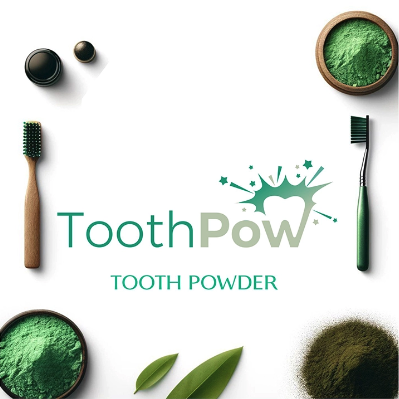
Prevention and Management of Coffee-Induced Teeth Stains
For coffee lovers, giving up on their favorite brew isn't a preferred option. Fortunately, there are effective strategies to prevent and manage teeth stains without sacrificing coffee. Here are practical tips to keep your smile bright while enjoying coffee:
Opt for Strategic Sipping
The method and frequency of your coffee consumption can significantly impact the degree of staining. Here are a few techniques to reduce direct contact between coffee and your teeth:
Use a Straw: Sipping coffee through a straw reduces the amount of liquid that comes in contact with the visible front surfaces of your teeth.
Drink Quickly: Rather than savoring a cup over several hours, try to drink it within a shorter period to minimize the time teeth are exposed to staining agents.
Enhance Your Oral Hygiene Routine
Good oral hygiene is crucial in fighting coffee stains. Incorporate these practices into your daily routine:
Brushing and Flossing: Brush your teeth at least twice a day and floss daily to remove plaque and prevent the buildup of stain-causing substances.
Rinse After Drinking: Swishing your mouth with water after drinking coffee can help wash away staining compounds before they settle.
Use Whitening Toothpaste: Toothpastes designed to remove stains can be effective in combating coffee discoloration. Look for products with mild abrasives that are safe for enamel.
Choose Your Coffee Wisely
The type of coffee and how it's prepared can also influence staining:
Go for a Lighter Roast: Darker roasts have higher concentrations of staining compounds. Opting for a lighter roast can decrease the risk of stains.
Avoid Adding Sugar: Sugar in coffee can exacerbate tooth decay and lead to further staining. Try enjoying your coffee without sugar or use sugar alternatives.
Regular Dental Care
Professional dental care plays a pivotal role in maintaining dental aesthetics:
Regular Cleanings: Schedule dental cleanings every six months. Professional cleanings can remove surface stains more effectively than brushing alone.
Consider Dental Sealants: For those particularly prone to stains, ask your dentist about sealants, which can provide a protective barrier over the enamel.
Remedial Actions for Existing Stains
If you already have noticeable coffee stains, consider the following treatments:
Whitening Treatments: Professional whitening treatments can be highly effective. These might include in-office bleaching procedures or at-home whitening kits prescribed by a dentist.
Veneers or Bonding: For severe staining that doesn’t respond to whitening, dental veneers or bonding are cosmetic options that cover up discoloration and offer a more permanent solution.
These proactive and preventive measures can help mitigate the effects of coffee on your teeth, allowing you to enjoy your favorite beverage without compromising the health and appearance of your smile. With the right strategies, it's possible to balance your coffee habits with excellent oral health.
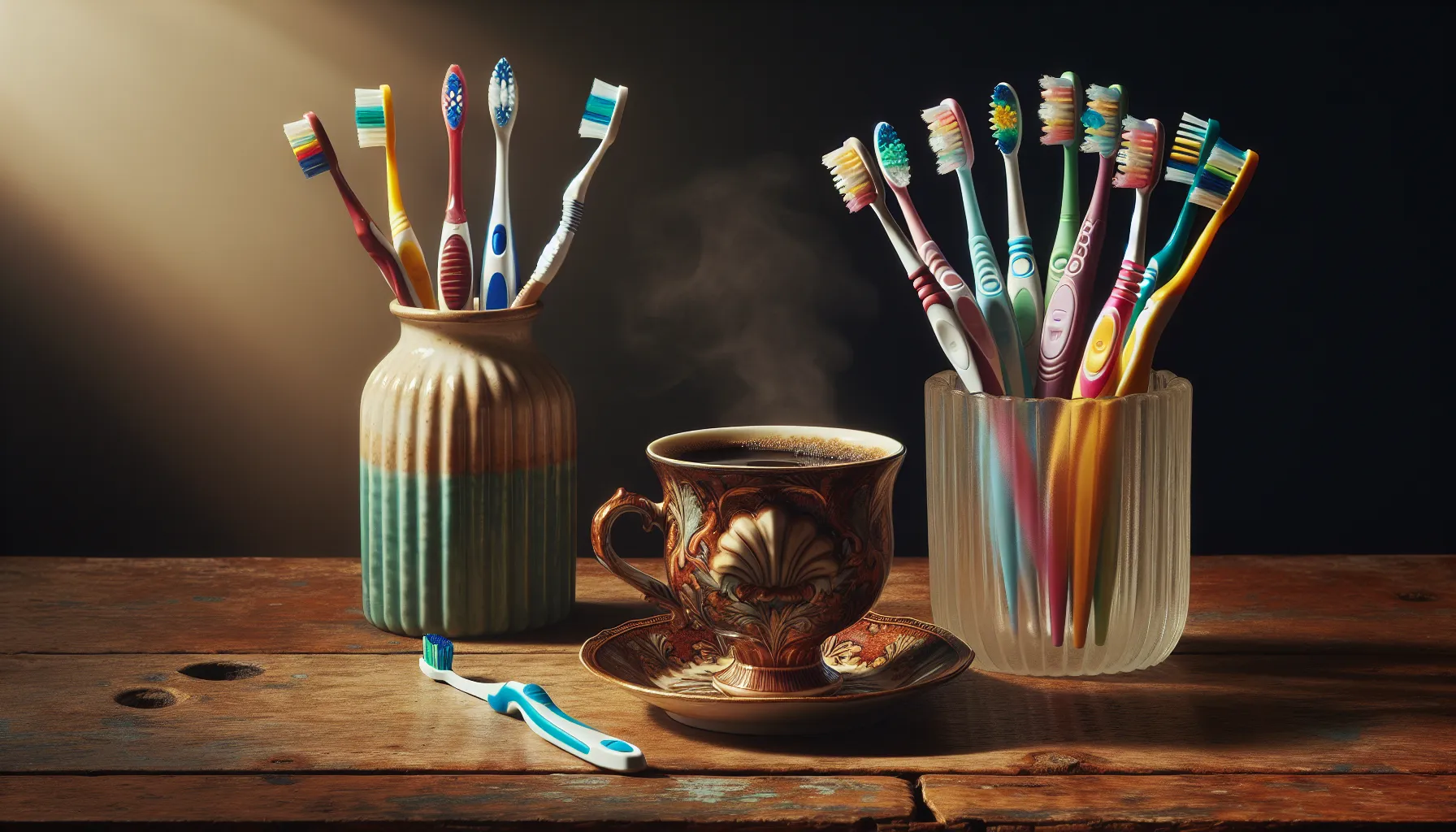
Professional Dental Treatments for
For coffee enthusiasts who find regular oral hygiene and home remedies insufficient to combat the staining, professional dental treatments can offer a more robust solution. These treatments, performed by dental professionals, are designed to remove deeper, more stubborn stains and improve the overall aesthetics of your teeth.
In-Office Teeth Whitening
Professional teeth whitening is one of the most effective methods for removing coffee stains. Unlike over-the-counter products, in-office whitening provides immediate results, often making teeth several shades lighter in just one visit. Here's what to expect:
Stronger Bleaching Agents: Dentists use higher concentrations of bleaching agents like hydrogen peroxide or carbamide peroxide, which can penetrate deeper into the enamel to break down complex stain molecules.
Customized Treatment: Treatments are tailored to individual needs, considering factors like the extent of staining and tooth sensitivity.
Enhanced Safety: Procedures performed in a dental office are closely monitored, minimizing the risk of gum irritation or damage to the enamel.
Dental Veneers
For those with severe staining or who desire a more transformative solution, dental veneers are an excellent option. Veneers are thin, custom-made shells crafted from porcelain or composite resin that cover the front surface of the teeth, providing a whiter and more uniform appearance.
Color Customization: Veneers are matched to the desired shade of whiteness that can't typically be achieved with bleaching alone, offering a significant aesthetic improvement.
Durability: Porcelain veneers are stain-resistant and can last for a decade or more with proper care.
Versatility: Beyond just addressing stains, veneers can also correct issues like tooth shape, size, and alignment.
Enamel Microabrasion
Some stains can be effectively treated through a process called enamel microabrasion. This technique involves carefully removing a small amount of enamel surface to reduce the appearance of superficial stains.
Minimally Invasive: The procedure is less invasive than veneers and selectively targets stained areas.
Immediate Results: Microabrasion typically yields immediate results, with the full effect visible once the teeth are polished post-treatment.
Routine Dental Cleanings
Regular professional cleanings can help prevent the accumulation of stains and maintain the natural whiteness of your teeth. These cleanings remove plaque and tartar that brushing and flossing at home can't manage.
-
Scaling and Polishing: Dental hygienists use specialized tools to scale away tartar and polish the teeth, which can remove surface stains and prevent new ones from forming.
These professional treatments can significantly enhance the color and clarity of your teeth, making them an investment worth considering for those who are serious about maintaining a bright, stain-free smile. By combining regular dental visits with good home care, you can effectively manage coffee stains and keep your teeth looking their best.
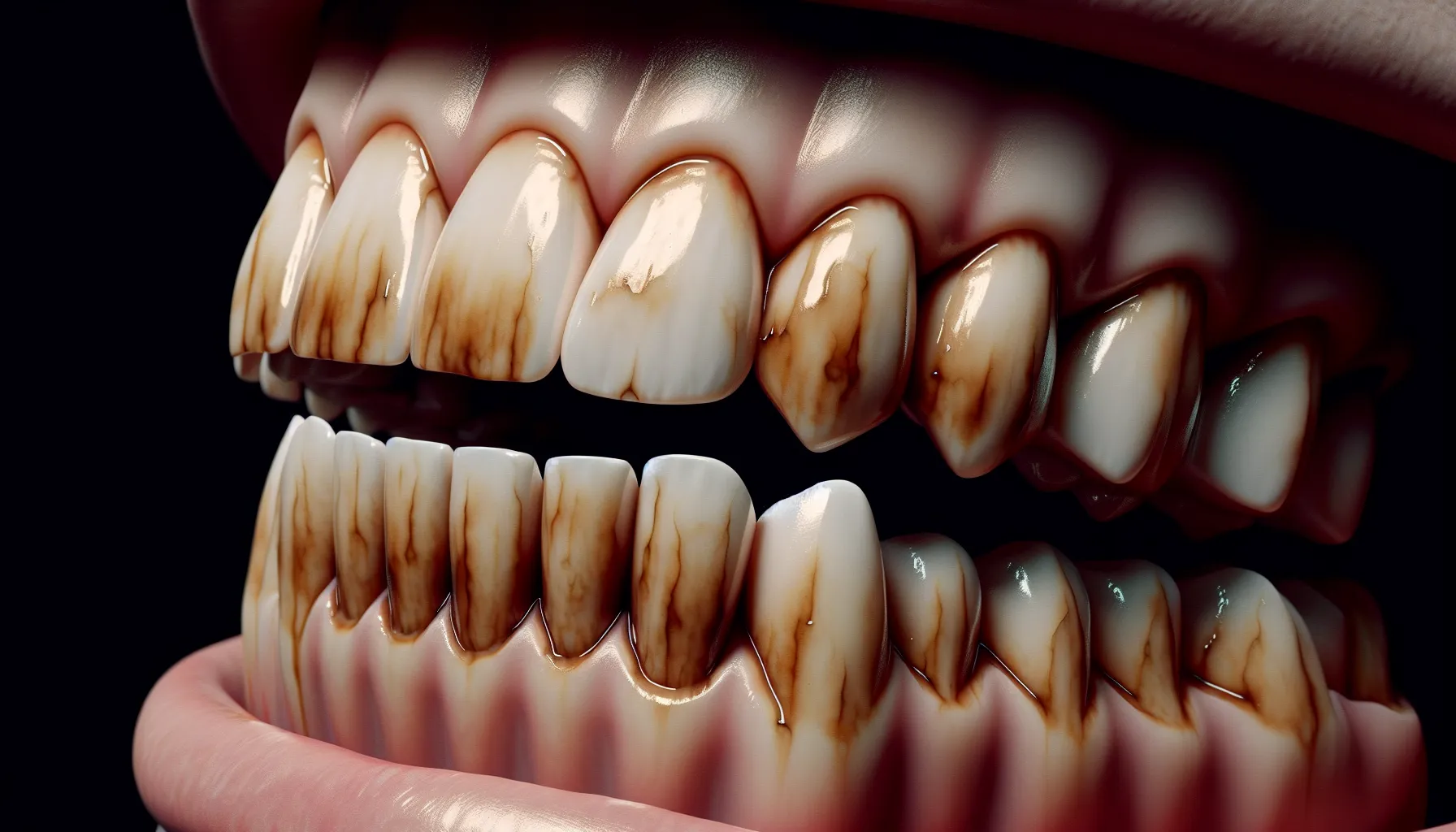
Long-Term Strategies for Maintaining a Stain-Free Smile
Maintaining a stain-free smile in the long run requires more than just immediate actions after coffee consumption. Implementing a few strategic practices can significantly enhance the longevity of your teeth's whiteness and overall oral health.
Regular Professional Whitening Treatments
For those who frequently consume coffee, professional whitening treatments can be a game-changer. These treatments use stronger bleaching agents than those available over-the-counter and can remove deeper stains.
Scheduled Whitening: Consider booking a professional whitening session once or twice a year, depending on your coffee consumption and the proneness to stains.
Custom Treatment Plans: Dental professionals can provide customized treatments that address specific staining and sensitivity issues, ensuring both effectiveness and comfort.
Investing in High-Quality Dental Products
Using premium dental care products can play a crucial role in preventing stains and maintaining oral health.
Electric Toothbrushes: Invest in a good electric toothbrush with oscillating-rotating or sonic technology, which is more effective at removing stains compared to manual brushing. ToothPow has an eco-friendly bamboo option with activated charcoal bristle for enhanced whitening!
Specialized Toothpaste: Some toothpastes are specifically formulated to prevent staining without the harsh effects of traditional whitening toothpastes, which might be suitable for daily use. Toothpow Tooth Powder is an all natural formula giving your teeth protection with Xylitol and nano-hydroxyapatite as key ingredients
Lifestyle and Dietary Modifications
Adjusting your diet and lifestyle can have a profound impact on the health and appearance of your teeth.
Balanced Diet: Maintain a diet rich in fruits, vegetables, and dairy products, which can help fortify tooth enamel and reduce the likelihood of stains.
Limiting Stain-Inducing Foods and Drinks: Beyond coffee, try to moderate the consumption of other staining agents like tea, red wine, and dark sodas.
-
Smoking Cessation: Quitting smoking not only prevents the severe discoloration associated with tobacco but also improves overall oral health.
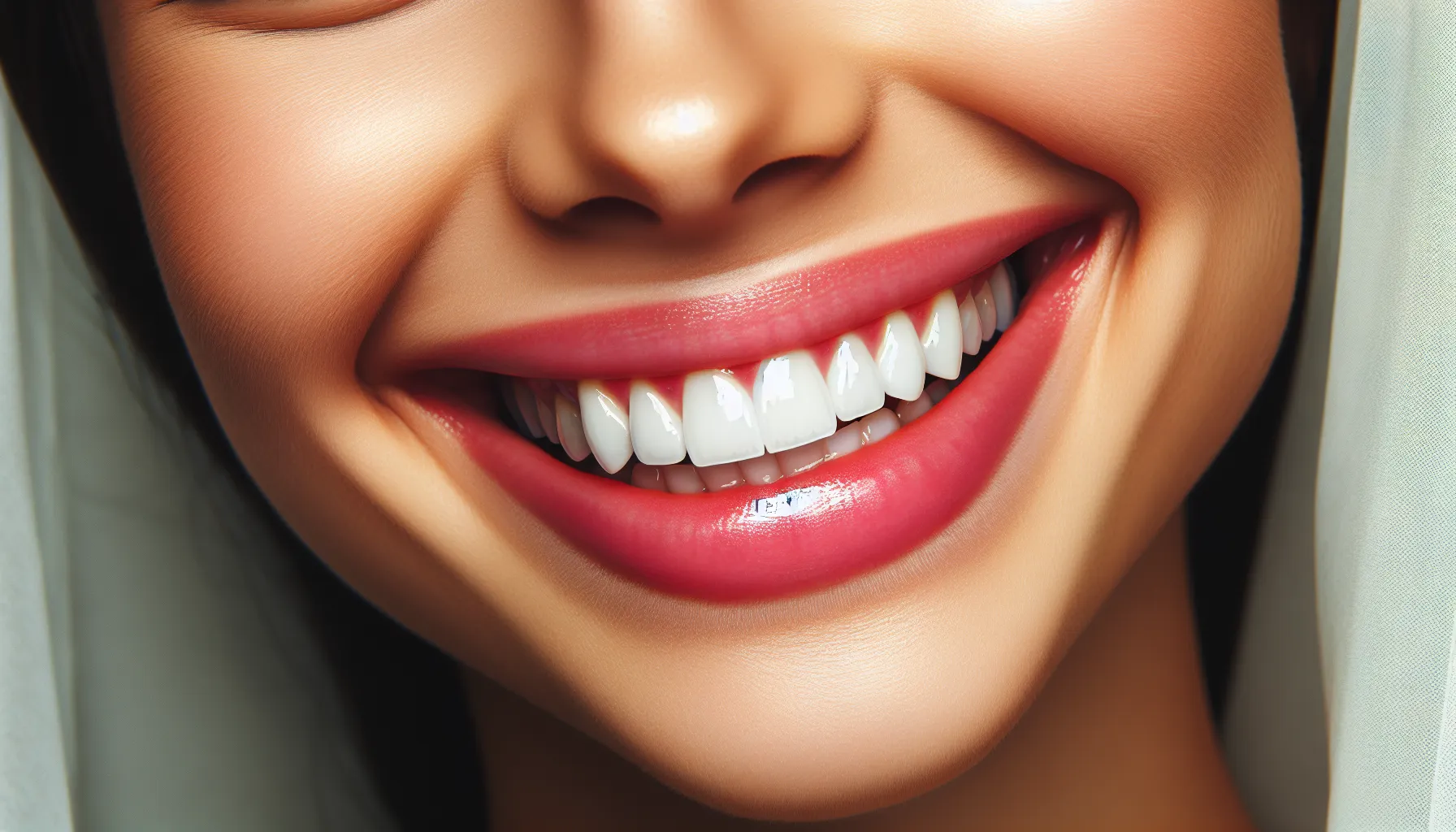
Conclusion: Embracing Comprehensive Care for Coffee Lovers
For coffee enthusiasts, the joy of savoring a rich brew need not come with the compromise of dental aesthetics. While coffee is notorious for causing teeth stains, understanding and implementing effective preventive strategies can significantly mitigate its effects. From immediate actions like rinsing with water after enjoying your coffee to long-term strategies like regular professional cleanings and lifestyle adjustments, the approach to maintaining a stain-free smile is holistic.
It's crucial to remember that the key to preserving the natural whiteness of your teeth lies not only in addressing the stains once they occur but also in preemptive care. Regular dental visits, proper brushing techniques, and the choice of high-quality dental products play a fundamental role in this ongoing process. Moreover, embracing lifestyle changes that reduce stain-inducing habits contributes greatly to dental health.
Ultimately, the best approach is personalized—tailored to your unique dental health needs and coffee consumption habits. By staying informed and proactive, you can enjoy your daily coffee ritual without sacrificing your smile's brilliance. If you’re ever in doubt about the best practices for your specific situation, consulting with a dental professional can provide you with tailored advice and treatment options to keep your smile bright and healthy.
Ready to transform your daily coffee habit into an opportunity for enhancing your dental health? Start by integrating these effective strategies into your routine and watch as your smile stays bright and vibrant, cup after cup.
If you're looking for effective teeth whitening products, consider visiting. ToothPow For a range of options to keep your smile bright and healthy. Remember, maintaining good oral hygiene practices is key to combating teeth stains caused by coffee and other factors.
